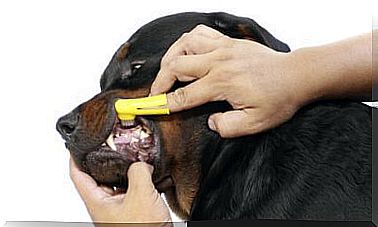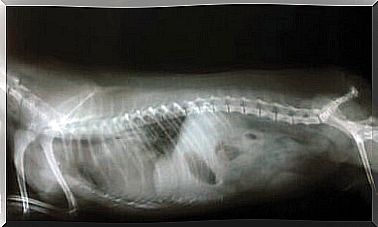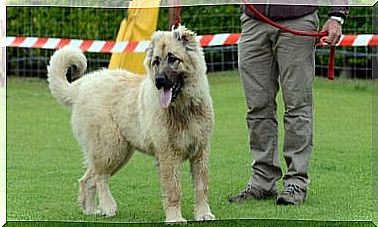Does Smoking Harm Animal Health?

It is well known that animals exposed to cigarette smoke are passive smokers and that, as such, they can suffer from respiratory diseases, allergies, etc., but also from cancer of the nasal cavity, lungs or lymphomas. The scientific community agrees: the toxins released by tobacco smoke are extremely dangerous for pets. They harm the nervous system of cats and dogs and cause tumors. Smoking is not only harmful to people, it is also harmful to animals.
How does smoking affect the health of cats?

That smoke is toxic to animals is nothing new. A study carried out by Harvard Medical School has warned of the dangers associated with the so-called “third-hand smoke”. This expression alludes to an invisible but highly harmful mix of gases and particles that is deposited on the hair and clothes of smokers, but also on upholstery, carpets and fabrics in general, and which persists even when the smoke is not more present.
Dogs and cats usually cannot leave smoke-contaminated rooms unless you are lucky enough to have a home with a garden or open space. Unfortunately, animals are generally victims of the bad habits of their owners. Remember that, to live in a healthy environment, it is not enough to open the window when you smoke.
Even if the inhalations are small, you should know that they are still harmful. Research on the correlation between tobacco smoking and cancer in cats concluded that cats living with smokers are twice as likely to suffer from feline cancer. This type of lymphoma kills 3 out of 4 cats affected in the first 12 months.
Cats are more susceptible to carcinogens than tobacco smoke because these animals groom themselves meticulously. The natural practice of cats to continuously lick their coat is not harmless in this case, because the oral tissues are exposed to dangerous carcinogenic substances.
In the course of other research, traces of nicotine and other toxins were found in the urine of cats.
Cigarette smoke and dogs

Another Colorado State University research found a higher incidence of nasal and breast cancer in dogs living with people who smoke. These tumors are more common in dogs with long faces, such as Labradors and German Shepherds. Animals affected by this type of disease do not live more than a year.
The same study found a higher rate of lung cancer in dogs that have medium snouts, such as boxers or Great Danes. These dogs, having short nasal passages, absorb cancer-causing particles more easily, because they reach the lungs faster.
Another study showed that dogs living with people who smoke were 60 percent more likely to suffer from lung cancer.
We cannot forget the birds. Birds are not immune to the damage caused by smoking. The respiratory system of birds is hypersensitive to any contaminant. The toxins harm the eyes, skin, heart and cause fertility problems. Coughing and wheezing are the most frequent reactions to such substances. These animals can suffer from pneumonia and lung cancer.
The signs and symptoms of nicotine poisoning in your cat or dog are: tremors, spasms, convulsions, excessive salivation, dilated pupils, auditory and visual hallucinations, rapid heartbeat, vomiting and diarrhea. If you think your pet may have ingested nicotine, call your vet immediately.
To protect your health and that of your pet, you should stop smoking. Meanwhile, to reduce the risks, smoke only in the open air, it is the only way to prevent the smoke particles from remaining in the house or in the car and to reduce the toxic load. You can also use high quality air purifiers to get rid of excess toxins.
If you have smoked, you must wash your hands before touching your pet. It is recommended that you wash your hair after smoking, especially if you have a pet (or child) in close contact.
Clean the ashtray and throw the butts out of reach of the animal.









